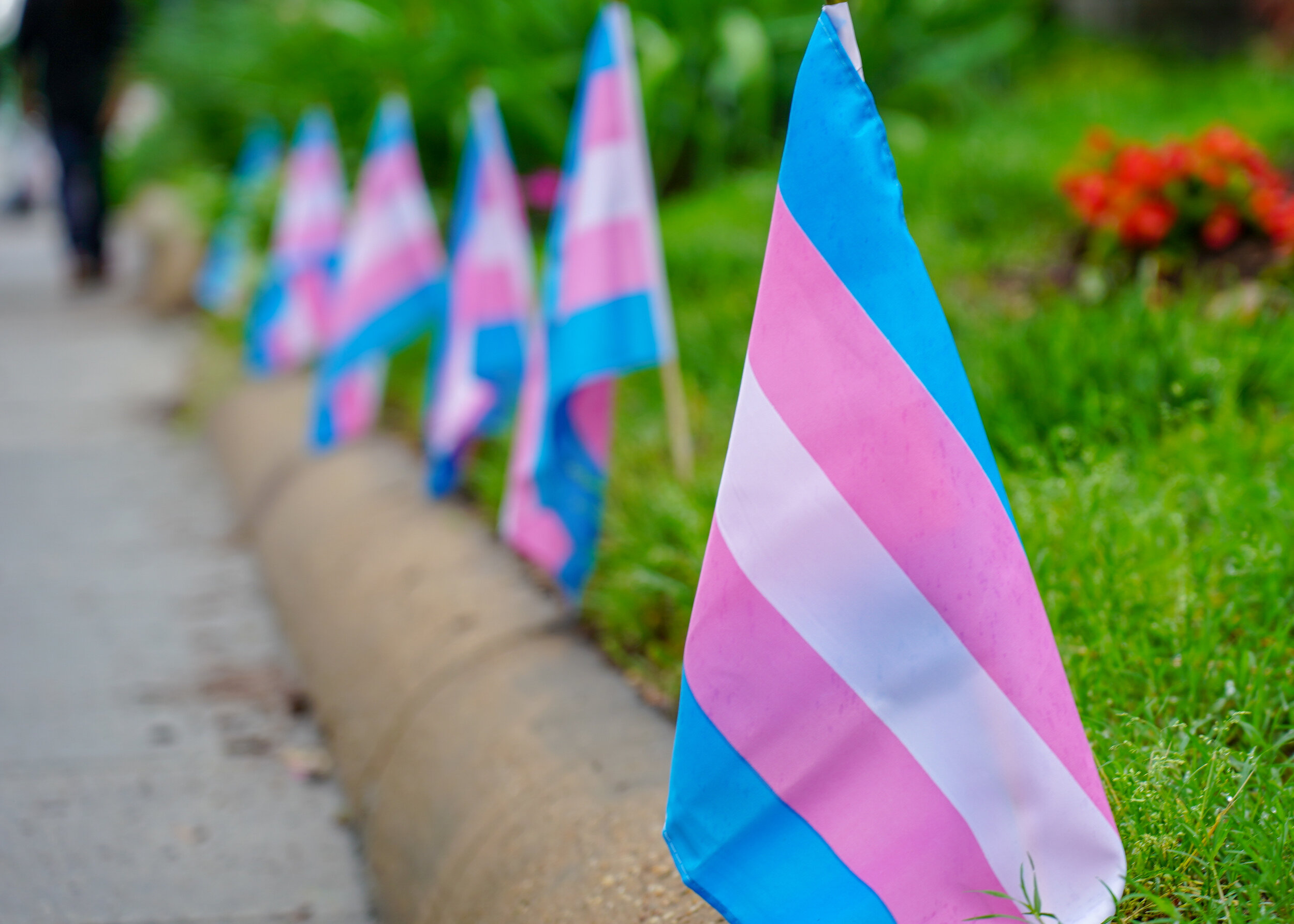Should the thousands of artifacts looted from their countries of origin during colonial times be returned home?
Almost 900 of the Benin Bronzes, a collection of ancient Nigerian artifacts widely considered stolen, are now on display at the British Museum. Lauren Fleishman. CC BY-SA 2.0.
While archaeologists must abide by a number of strict ethical guidelines when conducting research in foreign countries, museums are seldom held to the same level of scrutiny when acquiring artifacts. Many world class museums house relics of significant historical and cultural importance, undoubtedly attracting both hordes of curious visitors and a great deal of commercial benefit. The question is, however, should these museums really be benefitting from objects that they have effectively stolen from other countries? The question of repatriating many of these looted artifacts has been the center of great controversy in recent years, as many ex-colonial countries who are victims of such theft are beginning to contest the legal ownership of these objects.
The Elgin Marbles are original parts of the Parthenon and were taken from Athens in the early 1800s to the British Museum. Wally Gobetz. CC BY-NC-ND 2.0.
On the prolific collection of artifacts on display at the British Museum in London, which currently have contested ownership, Professor Chika Okeke-Agulu, a renowned art historian and professor of Nigerian heritage now teaching at Princeton University commented, “You cannot claim to be an encyclopedic collector of stolen objects.” His view makes reference to the historically familiar colonial behavior that many have begun to recognize in the attitudes of the British Museum and many other similar Western institutions towards the repatriation of artifacts. Giving back the artifacts, however, may not be as simple as flying them back home. In the specific case of the British Museum and other museums in England, the British Museum Act of 1963 legally limits any desire to return the Benin Bronzes from Nigeria, the Amarvati Marbles from India and even the world famous Rosetta Stone originally from Egypt among thousands of other objects.
King Philippe of Belgium (right) returning a historical Kakuungu mask to Congolese President Félix Tshisekedi (left) during a state month in June, 2022. Cabinet of Prime Minister Alexander De Croo. CC BY-NC-ND 2.0.
There have been a few stories in recent news highlighting the successful repatriation of artifacts to the ex-colonies they were taken from. June of this year marked the beginning of Belgium’s pledge to return more than 80,000 artifacts looted from the Democratic Republic of the Congo (DRC) over the 75-year period during which they ruled over the colony. King Philippe of Belgium expressed his “deepest regrets” over his country’s treatment of the DRC in a letter to the Congolese president Félix Tshisekedi back in 2020, the 60th anniversary of the country’s independence. The King handed a “Kakuungu” mask handmade by the Suku people native to the southwest region of the DRC to President Tshisekedi during his state visit to Kinshasa last month. This particular artifact had been housed in the Royal Museum for Central Africa located near the Belgian capital of Brussels, a site used as a “human zoo” towards the end of the 19th century, where hundreds of captured Congolese villagers were put on display in abysmal conditions.
Turkey’s Culture Ministry claims that tiles in the Ottoman Wall display at the Louvre Museum’s in Paris were stolen from Turkey in the 19th century. Ömer Erbil. CC BY-NC 2.0.
To the many in favor of artifact repatriation, getting the objects home is more than just about the claims of ownerships over these pieces. Many, if not all, of these artifacts is incredibly significant to the cultural and historical identities of countries that suffered under colonial rule, and this inability to access vital parts of their own histories are simply a continuation of that hardship. The popular claim among Western museums that they are simply housing the objects so that they remain accessible to all is also a contentious one. In an interview with CBC, Professor Okeke-Agulu called the argument “stupid” due to its implicit understanding that the museums are only thinking about access to visitors from other Western countries, rather than those from the African continent for whom it is extremely difficult to travel across the world to enjoy these artifacts. He and many others believe that the return of these objects is long overdue -- that these institutions need to get “on the right side of history”.
Tanaya Vohra
Tanaya is an undergraduate student pursuing a major in Public Health at the University of Chicago. She's lived in Asia, Europe and North America and wants to share her love of travel and exploring new cultures through her writing.








